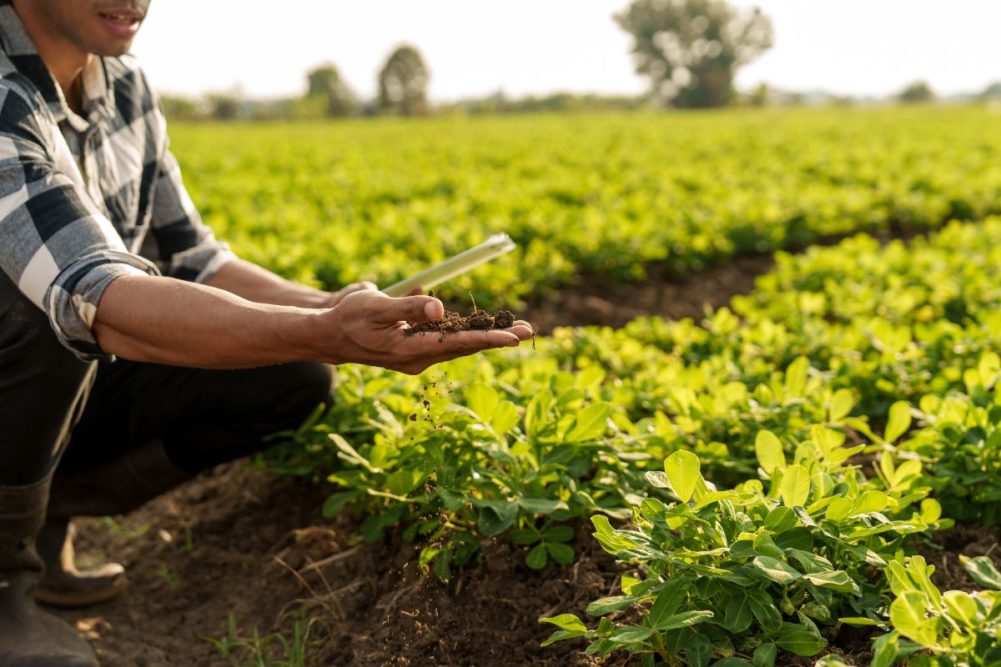CHICAGO, ILLINOIS, US — ADM’s global regenerative agriculture program surpassed expectations in 2023, and as a result the global agribusiness company is raising its goal for enrolled acres in 2025.
ADM said the program expanded to more than 2.8 million acres in 2023, significantly exceeding its goal of 2 million acres. In addition, the company said it is targeting 3.5 million regenerative acres in 2024 and increasing its 2025 goal from 4 million to 5 million acres globally.
ADM partnered with more than 28,000 growers of corn, soybeans, wheat, peanuts, cotton, sorghum, canola and barley in 2023 as it expanded its regenerative agriculture efforts globally, including the launch of new programs in Europe and Latin America. Participating farms again saw improvements in soil health and carbon footprint, ADM said.
“We know that farmers are stewards of the land, and we offer an array of programs that meet their varied needs and empower each of them in the ways that work best for their individual situations,” said Greg Morris, president of Ag Services and Oilseeds at ADM. “At the same time, we know that retail and CPG leaders understand the urgency of expanding regenerative agriculture to meet consumer demand, and we’re bringing those downstream customers together with farmers to ensure we’re meeting their needs.
“This collaborative approach, spanning the value chain, has demonstrated its value through our more than 2.8 million regenerative agriculture acres in 2023, and we’re excited to continue to expand our program and lead in this important global effort.”
In November, ADM issued its first-ever regenerative agriculture report, detailing priorities, goals, programs and achievements to date. The company expects to issue an updated detailed report later this year.
ADM defines regenerative agriculture as an outcome-based farming approach that protects and improves soil health, biodiversity, climate and water resources while supporting farming business development. Regenerative agriculture is adaptive to local physical conditions and culture, and is based on five principles of land management:
- Minimizing soil disturbance
- Maintaining living roots in soil
- Continuously covering bare soil
- Maximizing diversity with an emphasis on crops, soil microbes and pollinators; and
- Responsibly managing inputs, including nutrients and pesticides.
ADM supports the entire value chain by partnering to implement and scale regenerative agriculture, working with downstream customers like PepsiCo, Nestle and Carlsberg; technology partners like Farmers Business Network; and conservation organizations like Practical Farmers of Iowa, Ducks Unlimited and American Farmland Trust.
In addition, ADM participates in industry initiatives and coalitions such as Field to Market, Cool Farm Alliance and Sustainable Agriculture Initiative; works with diverse partners like the National Black Growers Council; and leverages funding opportunities to bring more value to farmers, such as through the National Fish and Wildlife Foundation as well as participation in USDA’s Partnership for Climate Smart Commodities. ADM’s regenerative agriculture programs feature direct financial support for farmers; easy processes and cutting-edge technologies to ensure low barriers to entry; and a broad range of support and guidance from both internal and third-party experts.
“ADM is scaling up efforts to enhance the sustainability and reduce the carbon footprint of the value chains in which we operate, and our leadership in regenerative agriculture is a key driver of that bold agenda,” Morris said.



